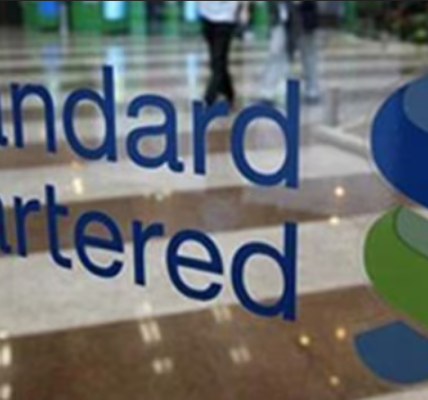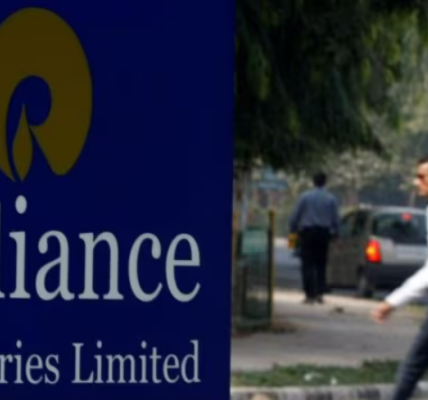Philips’ recently appointed CEO, Roy Jakobs, unveiled plans on Monday to trim approximately 4,000 jobs in response to declining sales and a substantial market value drop of about 70% over the past year, driven in part by a significant product recall. Jakobs, who assumed the role just a week ago, emphasized the need to address five consecutive quarters of diminishing sales and profits, including a recent quarter marked by losses. The job cuts, concentrated in the United States and the Netherlands, will primarily impact business lines experiencing declining sales, reflecting a necessary but regrettable measure.
According to Jakobs, demand is rapidly slowing in China and, to a lesser extent, in Western Europe due to inflation, while North America remains relatively robust. The CEO highlighted the imperative to streamline the organization and manage costs to remain competitive and support profitability in a challenging market.

Jakobs inherited the leadership role as the company grapples with the repercussions of a costly recall of respiratory machines and ongoing supply chain disruptions, prompting a profit warning on October 12. The planned job reductions amount to just over 5% of the company’s workforce based on the total of 78,000 employees last year. The restructuring is anticipated to incur a cost of around 300 million euros ($295.41 million) in the coming quarters.
For the third quarter, Philips reported a net loss of 1.3 billion euros, attributing it to a write-down in the value of its Sleep & Respiratory Care business, which manufactures the recalled machines. The company is currently in discussions with the US Department of Justice regarding a settlement related to the recall.

Comparable sales for July-September declined by 6% to 4.3 billion euros, with Philips citing more severe-than-expected supply chain issues that are projected to continue affecting sales into the last months of 2022. Jakobs outlined his key priorities, including restoring the company’s reputation by completing the recall promptly and addressing supply chain challenges, encompassing shortages of components such as microchips and unexpected disruptions in availability. Since the ventilator recall in June of the previous year, which raised concerns about the toxicity of foam used in the machines, Philips has seen a loss of around 30 billion euros in market value.



